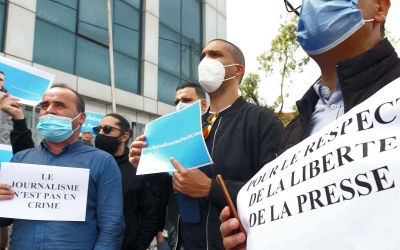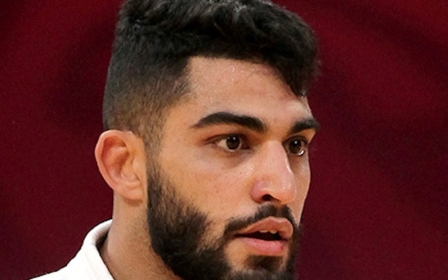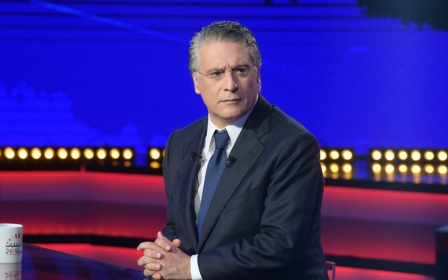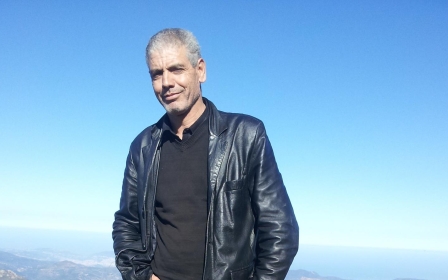Algeria: Former President Abdelaziz Bouteflika dies aged 84
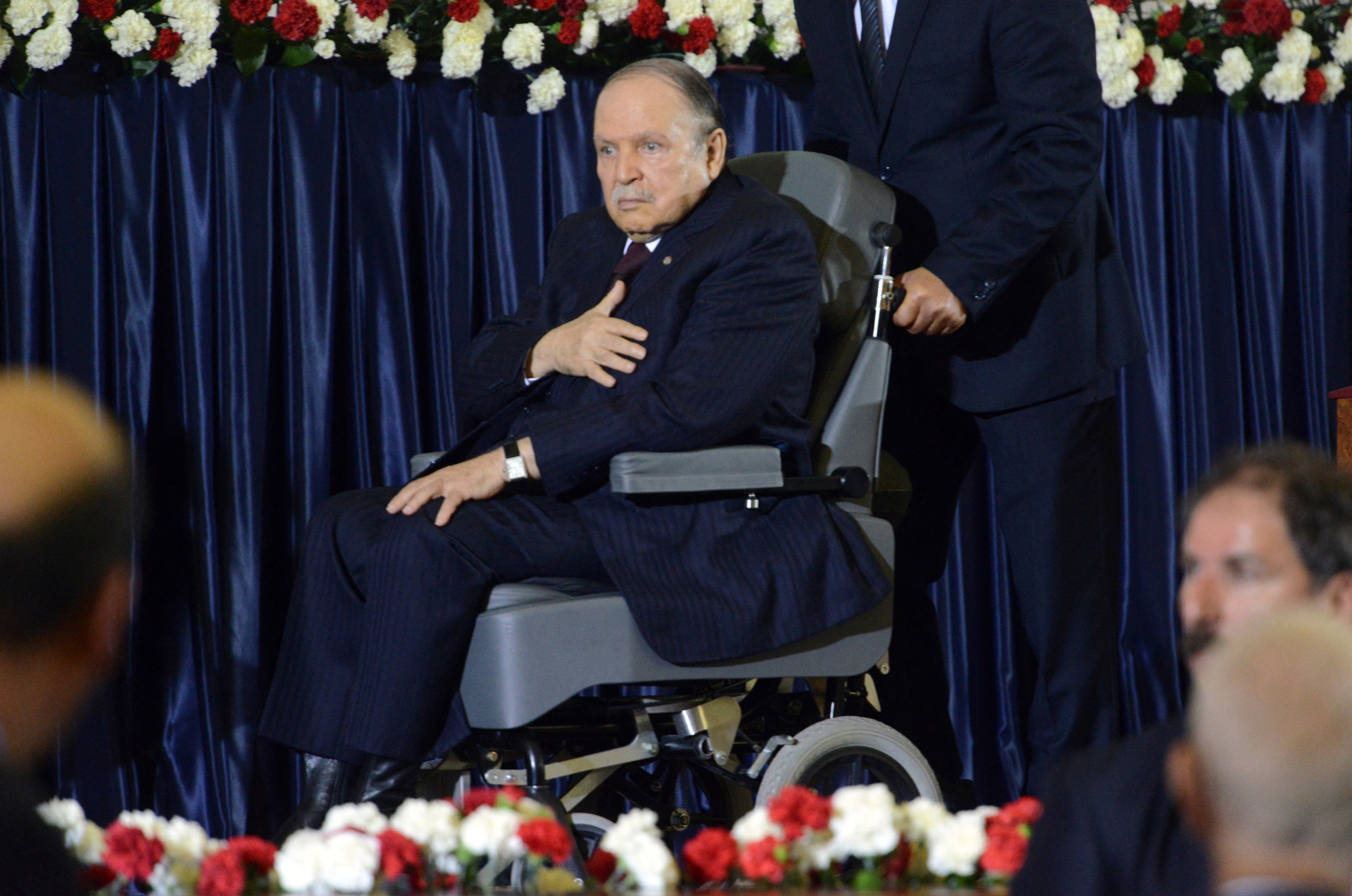
Former Algerian President Abdelaziz Bouteflika has died at the age of 84, public television announced on Saturday.
No cause of death was given in the statement, which came from current President Abdelmadjid Tebboune.
Bouteflika first became president of the North African country in 1999 and gained a reputation for stabilising Algeria following a brutal civil war that left more than 200,000 people dead.
However, his tenure was also marked by growing corruption, unemployment, and authoritarianism.
Bouteflika had been suffering from ill-health since a stroke in 2013 left him confined to a wheelchair.
He left office in April 2019 under pressure from the military, following weeks of demonstrations over his bid to run for a fifth term in office.
After quitting, he had stayed out of the public eye at a residence in western Algiers.
Dubbed "Boutef" by Algerians, he initially won respect for helping foster peace, notably with an amnesty law that prompted thousands of Islamist fighters to hand in their weapons.
Bouteflika went on to be elected for three more consecutive five-year terms, most recently in 2014.
Journalist Farid Alilat, who has written a biography of Bouteflika, says that at the height of his rule in the early 2000s, the president had "all the levers of power".
Crucially, he was backed by the army and the intelligence services.
"He became an absolute president," Alilat told AFP.
Algeria was largely spared the wave of uprisings that swept the Arab world in 2011, with many crediting still-painful memories of the conflict in the 1990s for keeping a lid on tensions.
However, long-simmering public anger eventually exploded into mass demonstrations in 2019.
While some key Bouteflika-era figures were eventually jailed in corruption cases - including Bouteflika's powerful brother Said - the long-sought political changes demanded by the demonstrators have not happened.
Bouteflika's successor Abdelmadjid Tebboune was elected in late 2019 on record low turnout, with many protestors calling for a boycott.
*AFP contributed to this report
Middle East Eye propose une couverture et une analyse indépendantes et incomparables du Moyen-Orient, de l’Afrique du Nord et d’autres régions du monde. Pour en savoir plus sur la reprise de ce contenu et les frais qui s’appliquent, veuillez remplir ce formulaire [en anglais]. Pour en savoir plus sur MEE, cliquez ici [en anglais].


